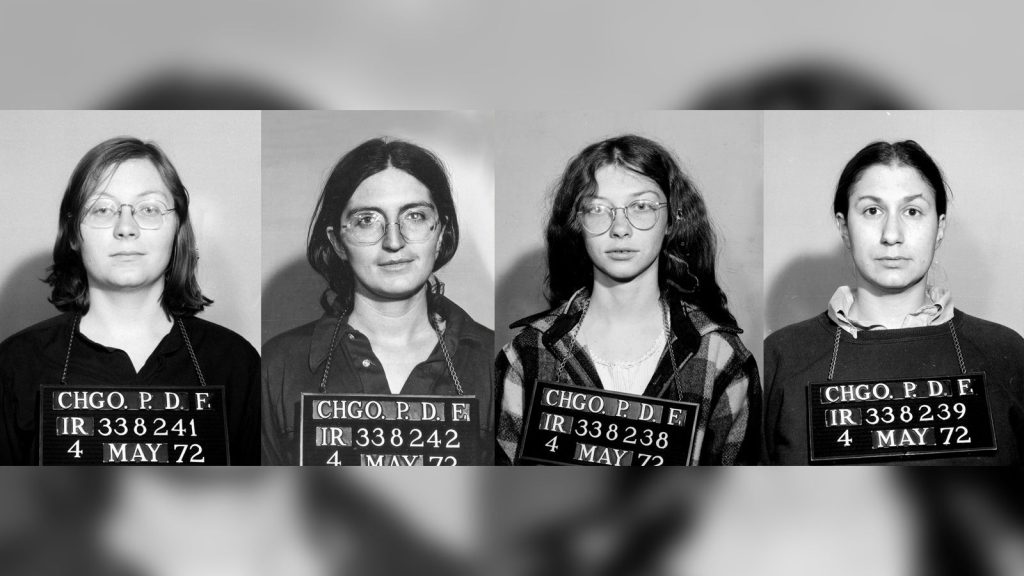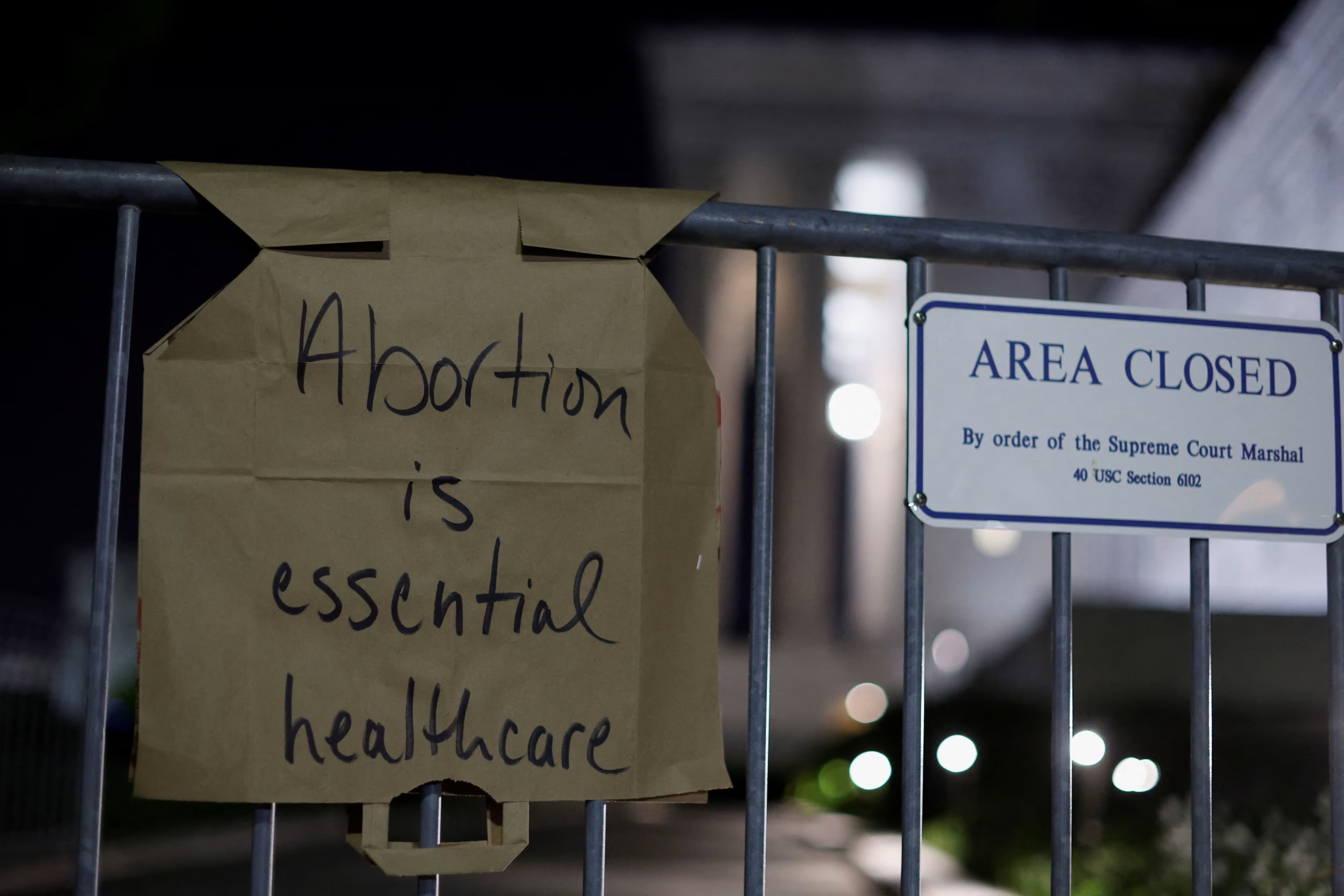More than five decades after risking their freedom to help women access illegal abortions, former members of the secretive “Jane Collective” watch with disbelief as America seems to retreat towards the dangerous era they once fought to end.
“I was devastated,” recalled Abby Pariser, now 80, speaking to AFP ahead of the third anniversary of the Supreme Court’s Dobbs decision, which overturned the landmark Roe v. Wade ruling that had secured abortion rights nationwide since 1973. Sitting in her suburban New York home wearing a T-shirt that read “Bold Women. Change History,” Pariser expressed fury that American women are again losing control over their reproductive choices.
The Jane Collective was founded in late 1960s Chicago by a group of students, mothers, and professionals who banded together to help women obtain abortions at a time when the procedure was mostly outlawed across the country. Members negotiated with doctors, often paying steep fees, and some even trained to perform abortions themselves, despite the risk of imprisonment.
“It’s shocking that in this day and age, we are being pushed back into such a devastating reality,” said fellow former member Sakinah Ahad Shannon, her voice quivering with emotion.
The release of the HBO documentary The Janes and the Supreme Court’s decision to overturn Roe have refocused attention on the collective’s story, with former members speaking publicly about the dire conditions that drove them to action in the first place.

At that time, contraception was difficult to obtain and abortion was heavily stigmatised, recalled Laura Kaplan, another former Jane and author of a book chronicling their experiences. In desperation, women turned to dangerous methods, including poison or back-alley operators controlled by organised crime. Some faced sexual abuse, botched procedures, or death. Kaplan remembers illegal abortions costing around $500 — an enormous sum, equivalent to several months’ rent in Chicago then.
Hospitals had entire wards filled with women suffering from the consequences of unsafe abortions, she added.
In response, the Janes established a secret network complete with pseudonyms, hotlines, and fundraising to make abortions accessible to women who otherwise couldn’t afford them. “Women paid what they could — sometimes $10, sometimes $50,” Kaplan said.
In 1972, the police raided the group, arresting seven members, including Pariser. “It was frightening,” she recalled, describing a night behind bars and the shock of officers who uncovered the all-female operation. Yet, the collective continued its work until Roe v. Wade legalised abortion the following year. Without that ruling, they could have faced lengthy prison sentences—a possibility that today, feels all too real again.
Since the Dobbs decision, over 20 states have banned or severely restricted abortion, forcing many women to cross state lines or resort to unsafe alternatives. Delays in miscarriage care due to legal confusion have already led to preventable deaths, according to ProPublica.
With US President Donald Trump taking credit for reshaping the Supreme Court and fuelling this rollback, there is growing concern that access to abortion pills—which now account for most abortions—could also be targeted.
“We were naive to believe the fight was over,” Pariser admitted, reflecting on the violence faced by doctors and clinics from extremist opponents of abortion. Recently, a man suspected of killing a Minnesota lawmaker was found with a hit list targeting pro-choice politicians and activists.
Despite the dangers, the Janes find hope in a new generation of women, who they say are better-informed thanks to the internet and determined to protect reproductive rights. “Just like we said ‘no’ 50 years ago, they are saying ‘no’ today—and that gives me hope,” said Ahad Shannon.


 Trending
Trending 
